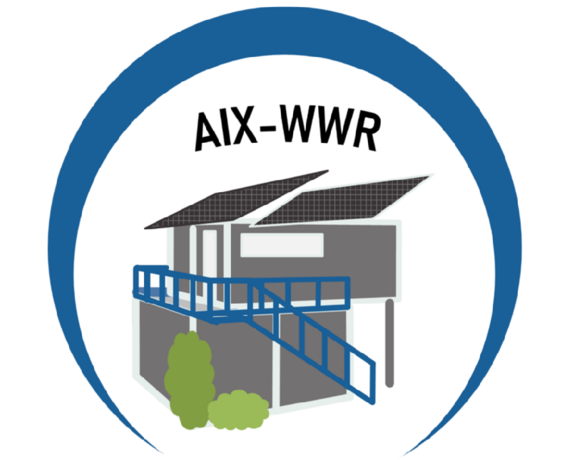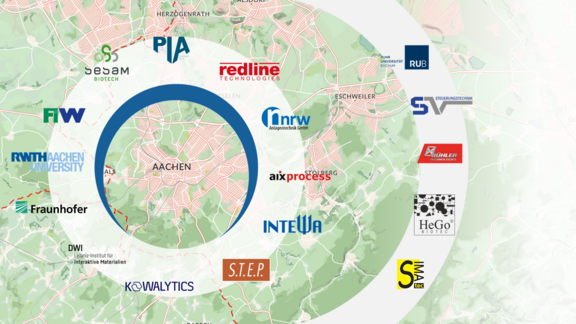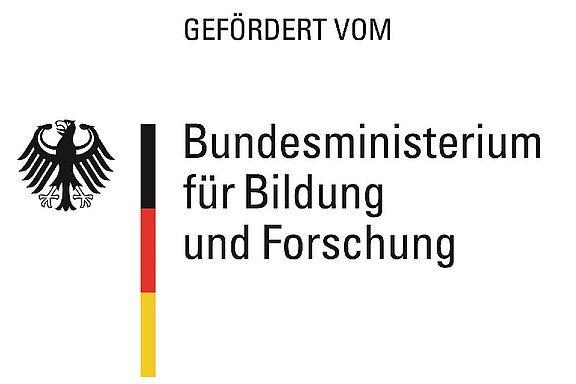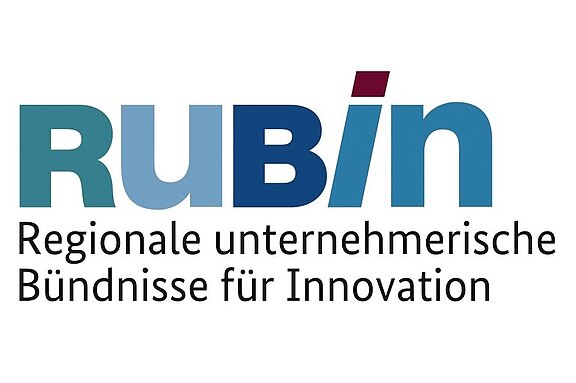AIX-Net-WWR Rubin alliance
The "Aachen Network for Waste Water Reuse" paves the way for sustainable, decentralized and economical water supply and disposal in the near future. Innovative technologies are used to produce process, drinking or hygiene water from wastewater in the district. Heat and recyclable materials contained in the wastewater are reused. In this way, the alliance also makes a significant contribution to achieving the climate targets and thus the UN Sustainable Development Goals.
The 5 joint projects
AIX-WWR
In the 1st joint project, a complete demonstrator in container form is being developed for the treatment of domestic wastewater with the aim of achieving the most complete recycling possible. A core component of this demonstrator is an innovative, energy-efficient membrane bioreactor, which will be adapted to the special requirements of semi-decentralized plants as part of the joint project. The demonstrator will treat 20 m³ (equivalent to approx. 134 PE) of domestic wastewater. For this purpose, it will be installed, tested and further developed locally within the respective district.
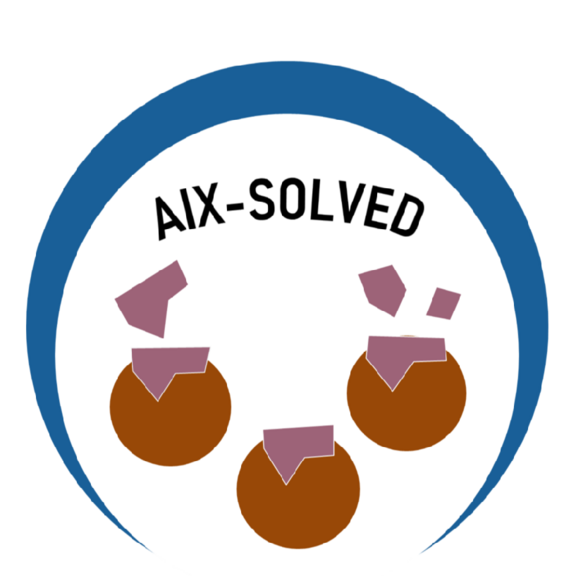
AIX-SOLVED
In the second joint project, a purification process is being developed in which adsorber granulate is biofunctionalized with enzymes. The aim is for enzymes - i.e. biological material - to adhere to a new type of granulate and, together with the granulate, remove impurities from the water.
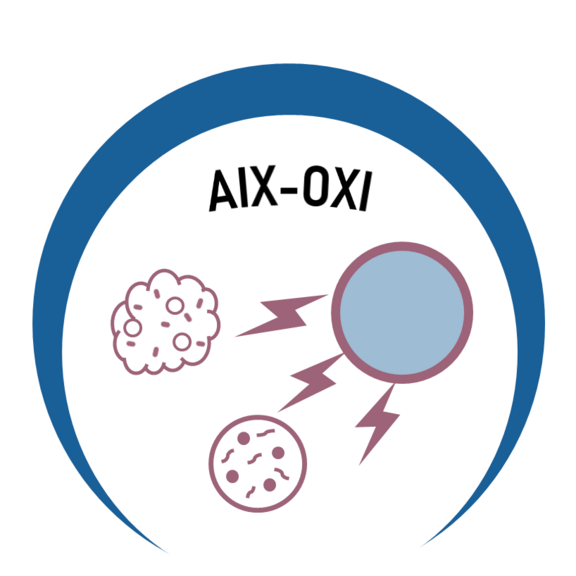
AIX-OXI
In the 3rd joint project, a new type of plasma reactor is being developed for the first time in order to achieve energy-efficient removal of trace substances and disinfection of water. This involves splitting air molecules into ions and electrons, which break down organic impurities when introduced into the water.
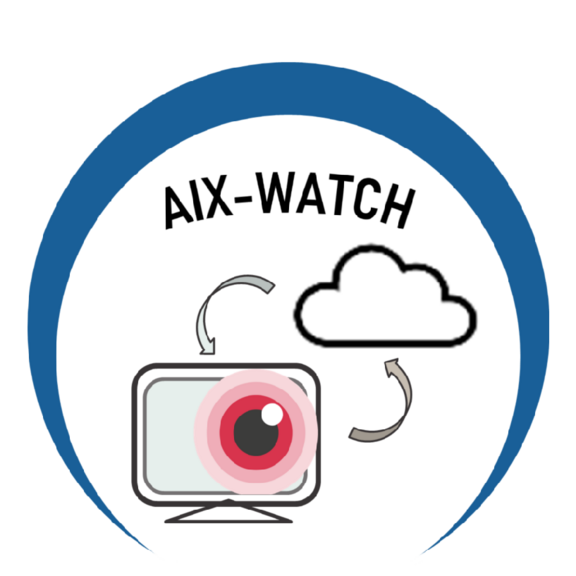
AIX-WATCH
The 4th joint project focuses on the central issue of ensuring the quality and hygienic safety of the treated wastewater. To this end, a new validation methodology is to be developed using innovative monitoring and control concepts.
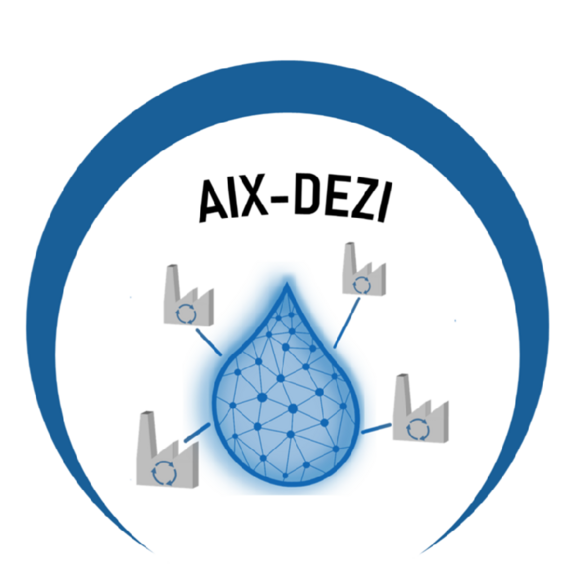
AIX-DEZI
The 5th joint project is concerned with the decentralized treatment of industrial wastewater streams containing salt, heavy metals or trace substances using innovative nanofiltration membranes and a new type of FCDI deionization, a desalination process in flow-through operation, to enable them to be reused in the process as completely as possible.

